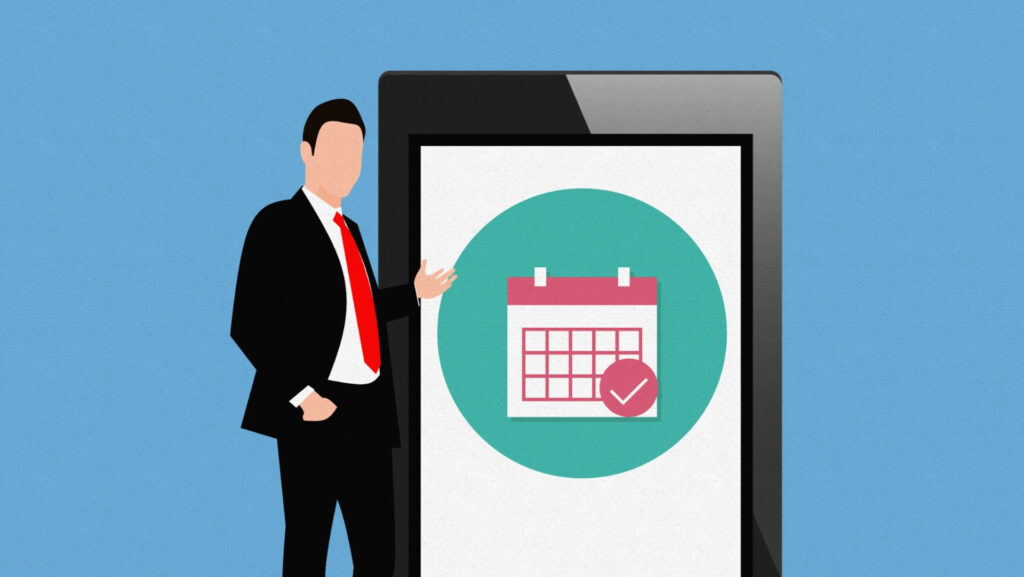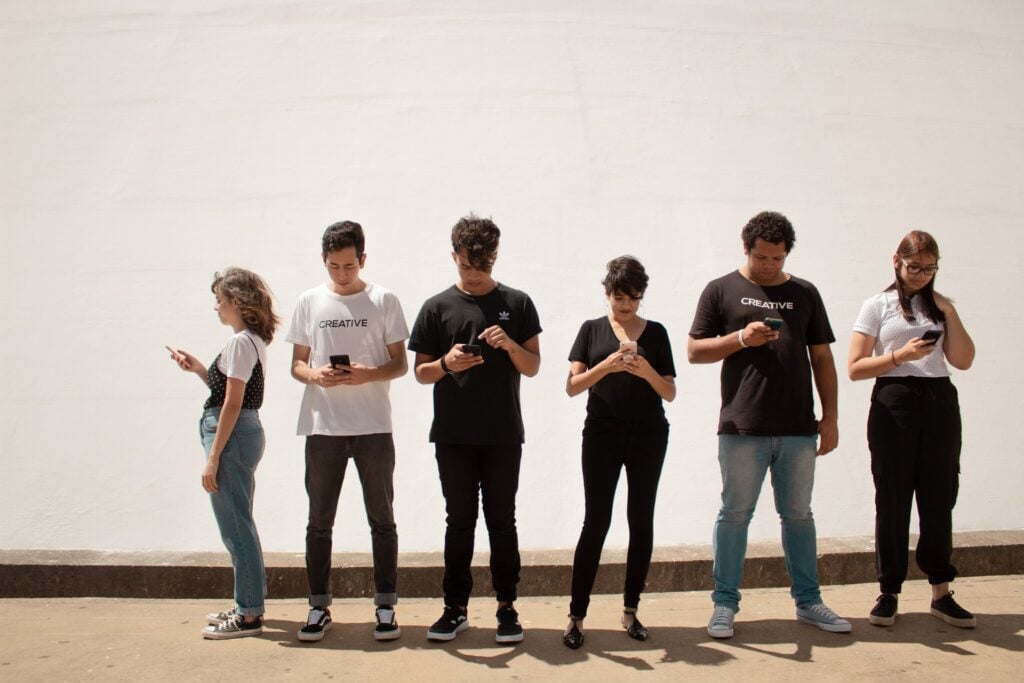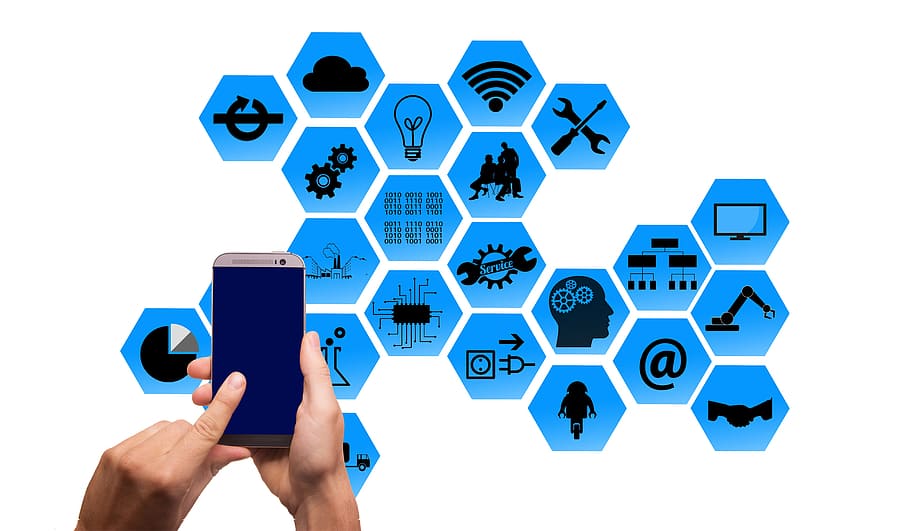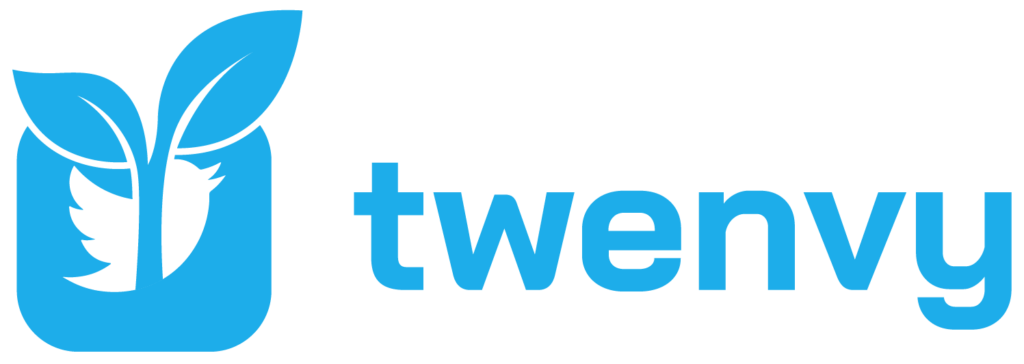A content calendar for social media is an essential tool for any business looking to maximize the success of its digital marketing campaigns. But how do you create one? In this article, we’ll explore a social media content calendar, the types of available calendars, the benefits of using one, and how to create a social media content calendar. With a few simple steps, you can quickly and easily build an effective content calendar to help you reach your goals and objectives. So let’s get started!
Table of Contents
What Is a Social Media Content Calendar?

A social media content calendar effectively organizes and plans your business’s digital marketing campaigns. It helps you keep track of all the posts, tweets, images, videos, and other content you plan to share on your social media platforms. The calendar allows you to quickly see when upcoming content is due and determine what type of content should be posted and when it should be posted.
It provides an overview of all the pieces of content that have already been shared. By creating a social media content strategy for your content, you can ensure it is consistent and up-to-date. This will help ensure your audience is engaged with your brand and has something new to look forward to each week or month. A social media content calendar helps structure a digital marketing campaign. It can be a great asset for any business looking to maximize its digital presence.
Types of Social Media Content Calendars

Social media content calendars come in many shapes and sizes, each offering unique benefits. Here are the different types of social media content calendars and how they can help you create an effective digital marketing campaign.
- Static: This calendar type is set up once, and no changes are made throughout your digital marketing campaign. It’s ideal for businesses with a regular content schedule or those who prefer to plan out their campaigns weeks or months in advance. The main benefit of this type of calendar is that it ensures consistent and timely content delivery, helping you create a predictable routine for your audience.
- Dynamic: This type of calendar allows you to update content as needed and make changes to the schedule as necessary. It’s ideal for businesses that need more flexibility or those who want to adjust their campaigns on the fly. The main benefit of this type of calendar is that it helps you quickly respond to changing market conditions or customer feedback.
Pros of Using a Social Media Calendar

Using social media content calendars has many advantages. Here are some of the benefits that come with using a content calendar:
- Stay Organized: A social media content calendar can help you stay organized and on track with your digital marketing campaigns. By centralizing your content in one place, you can easily access and organize important information, making it easier for your social media planning.
- Track Performance: Using a Twitter content calendar can help you easily monitor performance metrics like post engagement and reach, making it easier to track your progress. Analyzing audience responses can assist in identifying effective content and areas for improvement.
- Save Time: Be more efficient with your digital marketing efforts. A social media content calendar can help you plan your campaigns, so you don’t have to spend time developing content ideas daily. With a calendar, all the pieces are already in place, allowing you to focus on other aspects of your business.
- Create Engaging Content: With a social media content calendar, you can create engaging content that resonates with your target audience. Whether it’s an infographic, a video, or a blog post, you can plan and ensure the content is tailored to your audience. By creating engaging content, you can increase reach and attract more followers.
- Gain Insights: A content calendar can help you gain insights into your audience’s behavior and interests. By tracking performance metrics and analyzing what types of posts are successful, you can adjust your strategy to create more effective campaigns in the future.
- Create Consistency: A consistent posting schedule on social media helps people remember your business and builds trust with your audience. A content calendar can help you maintain a consistent social media presence, ultimately leading to more loyal customers.
What Should You Include in a Social Media Calendar?

Creating a social media content calendar is essential for any organization that wants to maximize its social media presence. Here are some key elements of what should you include in a social media calendar:
- Social Media Channels: List all the channels you plan to use for your social media campaign. This could include Facebook, Instagram, Twitter, Pinterest, and YouTube. The more channels you use, the more exposure you can get.
- Content Types: After selecting your channels, decide on the type of content that will be shared across each platform. Popular content includes images, videos, blog posts, infographics, and webinars.
- Posting Schedule: Decide upon the frequency of your content. You can post daily or weekly to keep things fresh, depending on your goals.
- Content Formats: Create a mix of content formats to keep things interesting. For example, you might have a weekly video series highlighted on YouTube and Instagram, while Twitter can be used to promote blog posts.
- Hashtags: Include relevant hashtags to help your content reach a wider audience. Mix up the hashtags you use, so you don’t appear spammy.
- Audience Interaction: Make sure to leave room for audience interaction. This could be through comments, questions, polls, or contests.
- Analytic Goals: Set analytic goals that you can track to measure your success. This could be anything from the number of likes to the website traffic generated by a post.
- Specific Events: A content calendar should include important holidays, events, and launch dates. This will help you stay ahead of the game and create timely posts.
- Re-sharing Content: To get the most out of your content, repurpose your existing content and re-share it across channels using social media scheduling tools. This will help you reach even more people and save time creating new content.
- Guest Posting Opportunities: Reach out to other influencers or publications for guest posting opportunities that can help increase your brand’s visibility.
How to Create a Social Media Content Calendar?

Creating a social media content calendar can be a great way to ensure your channels are active and engaging. You can take your social media presence to the next level with the right mix of content, consistency, and analytics. Here are some ways you can create an effective social media content calendar:
- Set Goals: Know what you want to achieve with your content. This could be anything from gaining more followers to driving website traffic.
- Research Your Audience: Understand your target audience and their preferred content. This will help you create more engaging posts that resonate with them.
- Plan Ahead: Set up a schedule of when you want to post, as well as the topics, formats, and hashtags you’ll use. This will help you stay organized and consistent.
- Track Your Progress: Monitor your posts to see their performance and adjust accordingly. Use analytics to measure the success of your content and tweak it as needed.
- Reuse Content: Repurpose existing content to get the most out of it and save time creating new posts. You can also use automation tools to help you schedule and monitor your content.
Conclusion
Creating a social media content calendar can be an effective way to manage your channels and increase engagement. You can create a strategy that works for your goals and audience with careful planning. As the saying goes, if you fail to plan, then you plan to fail. So make sure to take time to research and strategize ahead of time to maximize the effectiveness of your social media campaigns.
- How to Promote Your Tweets and Improve Twitter (X) Impressions - April 22, 2024
- How to Go Viral On Twitter (X): A Guide For New Creators - April 22, 2024
- How to Get Twitter (X) Followers Fast - March 7, 2024

